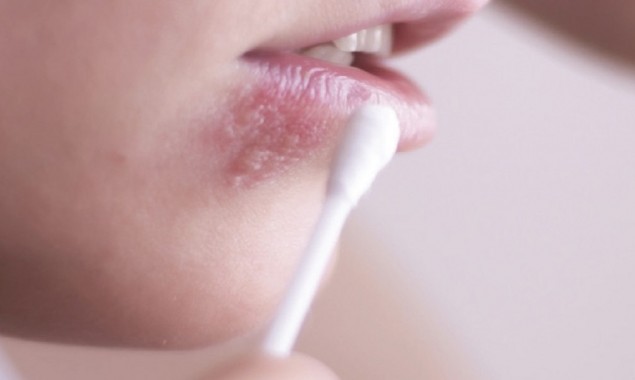4 herbal ingredients that can help increase immunity
Prioritizing public health and adopting essential actions in the wake of the...

What exactly is Herpes, and what causes it? Here’s all you need to know
Herpes simplex is the virus that causes the disease. In most cases, a herpes rash is found around the mouth or genitals, but it can appear anywhere on the body. It can generate a blister-like rash, which can lead to painful sores.
This viral infection is spread through direct contact with an infected person’s bodily fluids or sores. After infection, the virus moves down sensory nerves to the nerve cell bodies, where it lives for the rest of its life.
Its recurrence is facilitated by a weak immune system, exposure to sunshine, or stress.
The majority of people who have herpes will not develop symptoms or may just have a small rash. A herpes cycle is characterized by periods of active disease followed by periods with no symptoms. During the first episode of the cycle, significant symptoms such as fever, muscle pains, swollen lymph nodes, and headaches may occur. The sickness lessens in severity.
Infections of the skin or mucosa can cause facial and oral damage. When the virus infects and damages the eye, more serious cases result.
Herpes simplex virus is divided into two types.
Primary orofacial herpes is easily recognized by examining people who have no previous history of lesions and who have had contact with someone who has a known HSV infection. Adults with unusual or uncommon symptoms are more difficult to diagnose.
Most people have none of the classical symptoms, therefore genital herpes can be more difficult to diagnose than oral herpes.
Since the herpes virus cannot be removed from the body, prevention is the only effective way to protect yourself from the infection.
Catch all the Health News, Breaking News Event and Latest News Updates on The BOL News
Download The BOL News App to get the Daily News Update & Follow us on Google News.